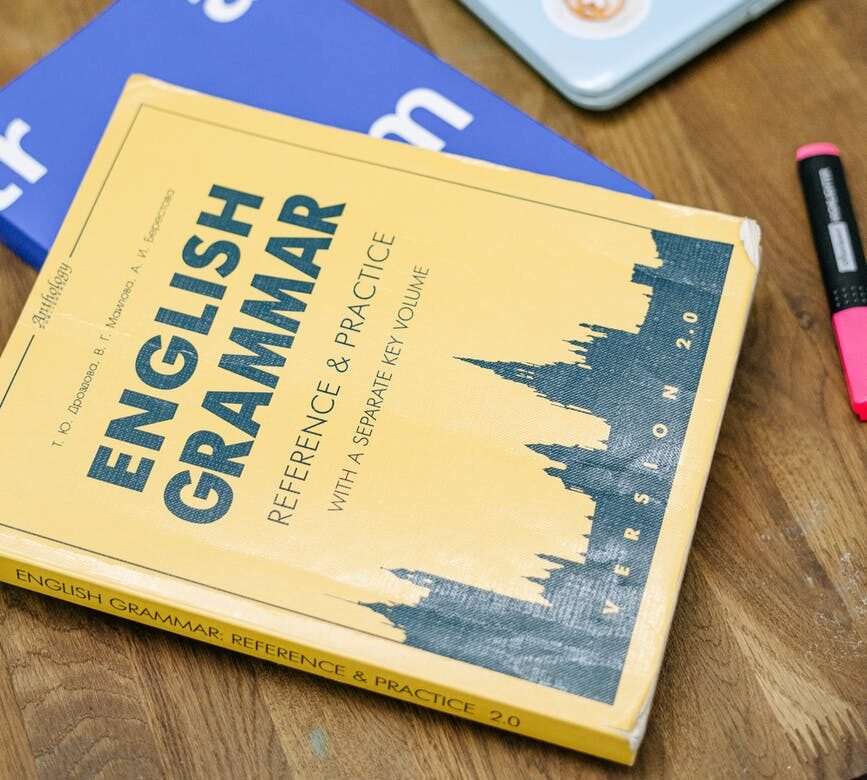What are Common Grammar Mistakes?

You do not want to leave your audience confused when you’re writing critical pieces of information like business policies. Nonetheless, there are several grammar mistakes that people make when writing and you may also be at risk of making. What are common grammar mistakes?
Do You Make These Common Grammar Mistakes When You Write?
Frequent reading may help you understand and master how sentences flow to avoid mistakes that affect the flow of your ideas in writing. Alternatively, you may need to work with experts to help you overcome the problem. The first step in avoiding grammar mistakes is to know them. This way, you will easily spot and correct them in your own writing style. Find out nine of the most common grammar mistakes you could also be guilty of committing below.
Modifier Misplacement
If you wish to effectively put your ideas across, you will need take the steps for good writing and learn to place modifiers directly next to the words you wish to modify. In this case, the modifiers will be referring to specific words you’re targeting in the sentences. It would help if you avoided modifier misplacement because such mistakes may create ambiguity and confusion in your sentence structures.
Here is an example of a misplaced modifier and a well-placed modifier:
Incorrect: “At the gate, the house manager gave me the keys for my house.”
Correct: “When I was at the gate, the house manager gave me the keys for my house.”
Adverbs Overuse
To write well so it’s easier to read, use adverbs correctly in your writing. Understand that the adverbs exist in two types; adverbs that modify verbs and adverbs that modify adjectives. If you are going to use an adverb in modifying a verb, you can dismiss the adverb you wish to use and use a more accurate adverb instead.
For example, instead of saying, “He talked loudly,” you can say, “He yelled or he screamed.” If you wish to use an adverb to modify an adjective, you’d basically need to avoid them when not necessary.
For example, one may say, “Marion is a very crazy girl.” In this case, ‘very’ describes how crazy Marion is but it doesn’t bring out the perfect picture, which makes it unnecessary.
When you remove ‘very’ from this sentence, you will feel that the final sentence, “Marion is a crazy girl,” sounds stronger. The bottom line here is to find stronger expressions for your sentences. Many students struggle with adverbs overuse so you shouldn’t feel like you’re alone in this. Perhaps, getting an essay service provider would help.
Pronoun Disagreement
Pronoun errors aren’t uncommon in writings. You may make a pronoun error in your writing if the pronouns you’ve used clash in number with the nouns you’ve used them to refer to.
For example, if you use a noun in the plural form, the pronoun must also be in the plural form.
For example, it is incorrect to write “Every woman must come with their own baby.” Instead of this, you should write, “Every woman must come with her own baby.” If you struggle with pronoun disagreement in your essays, one of your best bet would be to find the best essay writing service provider to help and guide you through.
Leaving Commas in Compound Sentences
Many people tend to overlook this mistake. To begin with, compound sentences are used in expressing complete but related ideas. Conjunctions are used in connecting the different parts. Usually, commas are put before conjunctions in indicating that the ideas you’re talking about are related. If you leave the commas out, the sentence may lack a good flow.
Incorrect: “The students went to the library and the Ms. Julia went with them.”
Correct: “The students went to the library, and Ms. Julia went with them.”
Having Excess Prepositional Phrases

Prepositions usually come before the nouns and pronouns. They’re used in showing time, direction, or location. If you overuse prepositional phrases in your sentences, the sentences will be murky. For example, it is incorrect to write that “The snow came over the top of the mountain.” Instead of this, you should write, “The snow crested the mountain.”
Missing Subject-Verb Agreement
When writing, the subjects and verbs you use in your sentences must agree in number. If your subject is in singular form, the verb must also be in the singular form. The same applies to subjects in plural forms.
For example, it is wrong to write that, “These guides is good for new swimmers.” Instead of this, you should write, “These guides are good for new swimmers.” Notice that “is” is the singular verb form of “are”, but does not agree with the use of swimmers, so it needed to be replaced.
Wordiness
Wordiness is when you inflate your sentences with unnecessary phrases. The focus of avoiding wordiness is going straight to the point to make your writing clearer.
Wordy: It is clear to us that you have been missing out on your payments and your debts are long overdue, and we request that you make all your pending payments at your earliest convenience.
Not wordy: We discovered that your payments are overdue. Please make them today.
Incorrect Apostrophe Usage
Misusing apostrophes can also distort your message. You can use apostrophes in two instances when referring to contractions and when referring to possessions. In contractions, you can use; “can’t” instead of cannot for example. In possession, you can say, “Neville’s show” to mean that the show belongs to or is run by Neville.
Misuse of i.e. and e.g.
The phrase, i.e., is Latin. It stands for id est to mean “that is.” Therefore, in a sentence, “i.e.” means “in other words.” On the contrary, e.g., stands for exampli gratia to mean “for example.” Therefore, you should only use, i.e., when giving a definition or explaining in an easier way and use, e.g., when listing specific examples.
Common Grammar Mistakes
To ensure that your writing is flawless, you may need to be determined for you to master these basics. Keep training regularly and they will surely stick in your memory. On the same note, if the grammar mistakes continually impact the quality of your academic grades, you may consider seeking assignment help or consider the many different books you should read to improve your writing.
Author Bio: John Peterson is an experienced journalist. He’s been working with London magazine Shop&Buy for 4 years. John is also a professional mini-tennis player. He writes stories on his free time and published a novel know as “His Heart”. Connect with on FB















Leave a Reply